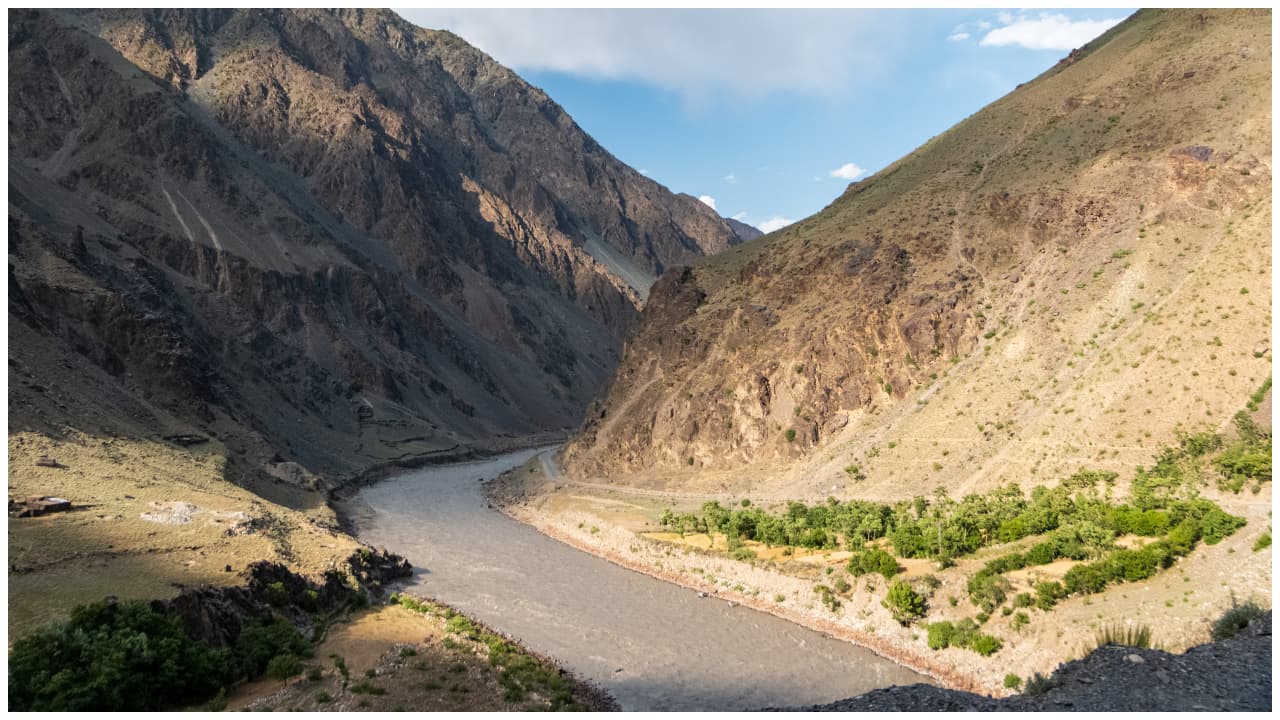This project is expected to restrict the river’s water flow into Pakistan. The Afghan government asserts its sovereign right to manage its water resources, a move that comes shortly after a ceasefire was brokered between the two nations.
Kabul [Afghanistan]: Days after recent border clashes with Pakistan, Afghanistan’s Taliban-led administration on Friday announced plans to begin construction of dams over the Kunar River, a key waterway that flows into Pakistan’s northwestern region. The move by the Afghans is expected to restrict the water flow in Pakistan through the river.
In a post on X, the Deputy Information and Culture Minister for Publication of Afghanistan, Muhajer Farahi, stated that the order was given by Taliban Supreme Leader Hibatullah Akhundzada and instructed authorities to start work on the project “as soon as possible”, without waiting for foreign contractors.
As per Farahi, the Ministry of Water and Energy has been directed to sign agreements with domestic Afghan companies to expedite construction. “The Ministry of Water and Energy says that His Excellency the Amir al-Mu’minin [referring to Hibatullah Akhundzada] has instructed them to begin construction of dams on the Kunar River as soon as possible and to sign contracts with domestic companies instead of waiting for foreign firms. Mullah Abdul Latif Mansoor said that Afghans have the right to manage their own water resources,” Farahi stated in his post.
Afghanistan-Pakistan Conflict
This came days after the intense border clash between Afghanistan and Pakistan. Later, a ceasefire was brokered between the two nations following mediation through Qatar and Turkiye in Doha. On Saturday, Qatar announced that Pakistan and Afghanistan have agreed to an “immediate ceasefire” following the intense border clashes, with plans for follow-up talks to ensure its “sustainability”. In a statement from Qatar’s Ministry of Foreign Affairs, both sides committed to holding follow-up meetings in the coming days to ensure the durability and implementation of the ceasefire and to foster long-term peace and stability between the two neighbouring nations.
“A round of negotiations between the Islamic Republic of Pakistan and Afghanistan was held in Doha, mediated by the State of Qatar and the Republic of Turkiye. During the negotiations, the two sides agreed to an immediate ceasefire and the establishment of mechanisms to consolidate lasting peace and stability between the two countries,” the statement said. The Taliban government’s decision also follows New Delhi’s move to suspend the Indus Waters Treaty with Pakistan, which governs the sharing of water from India’s three western rivers, following the April 22 terror attack in Jammu and Kashmir’s Pahalgam in which Pakistan-sponsored terrorists killed 26 civilians in the name of religion.
The move by the Afghans is also expected to restrict the water flow in Pakistan through the river.
The Kunar River stretches for roughly 480 kilometres, flowing through eastern Afghanistan and northwestern Pakistan. It is fed by the melting glaciers and snow of the Hindu Kush mountains and forms part of the Indus (Sindh) river basin. In April, Abdul Latif Mansoor, Afghanistan’s acting minister of energy and water, during an interview with Tolo News, responded to concerns raised by several countries over the Taliban government’s plans to construct dams on the Kunar River, asserting that managing and using water resources is Afghanistan’s sovereign right.
(Except for the headline, this story has not been edited by Asianet Newsable English staff and is published from a syndicated feed)
